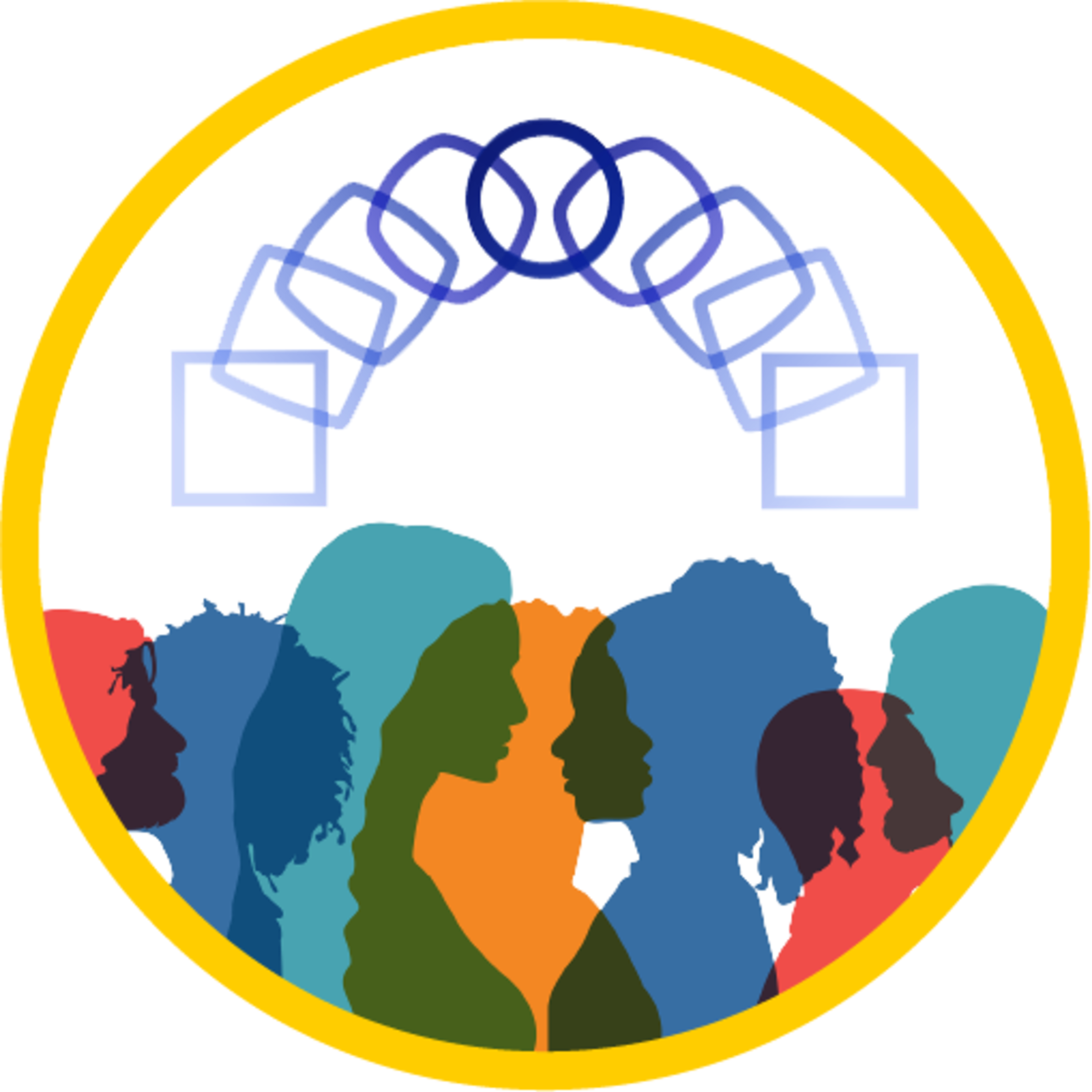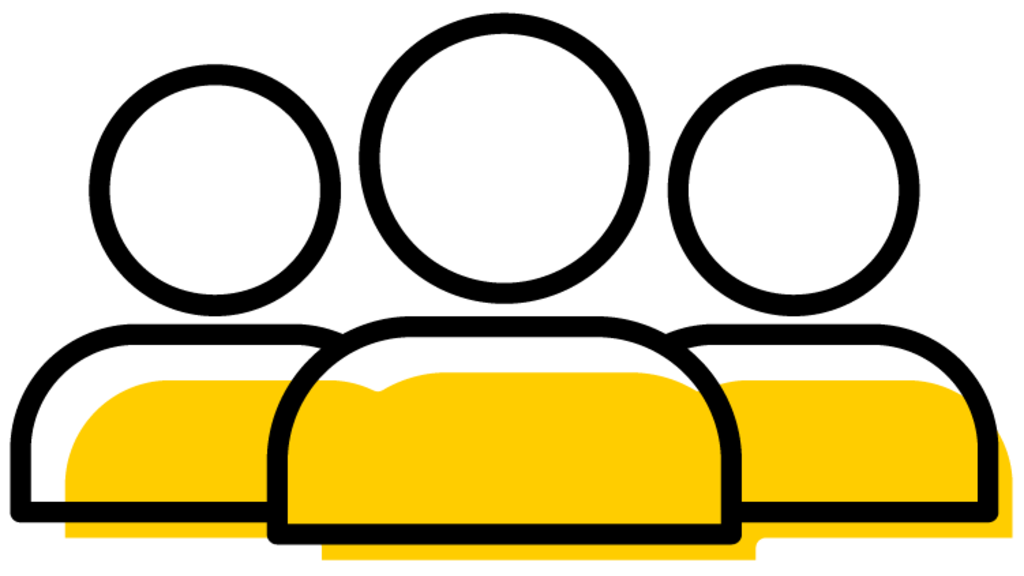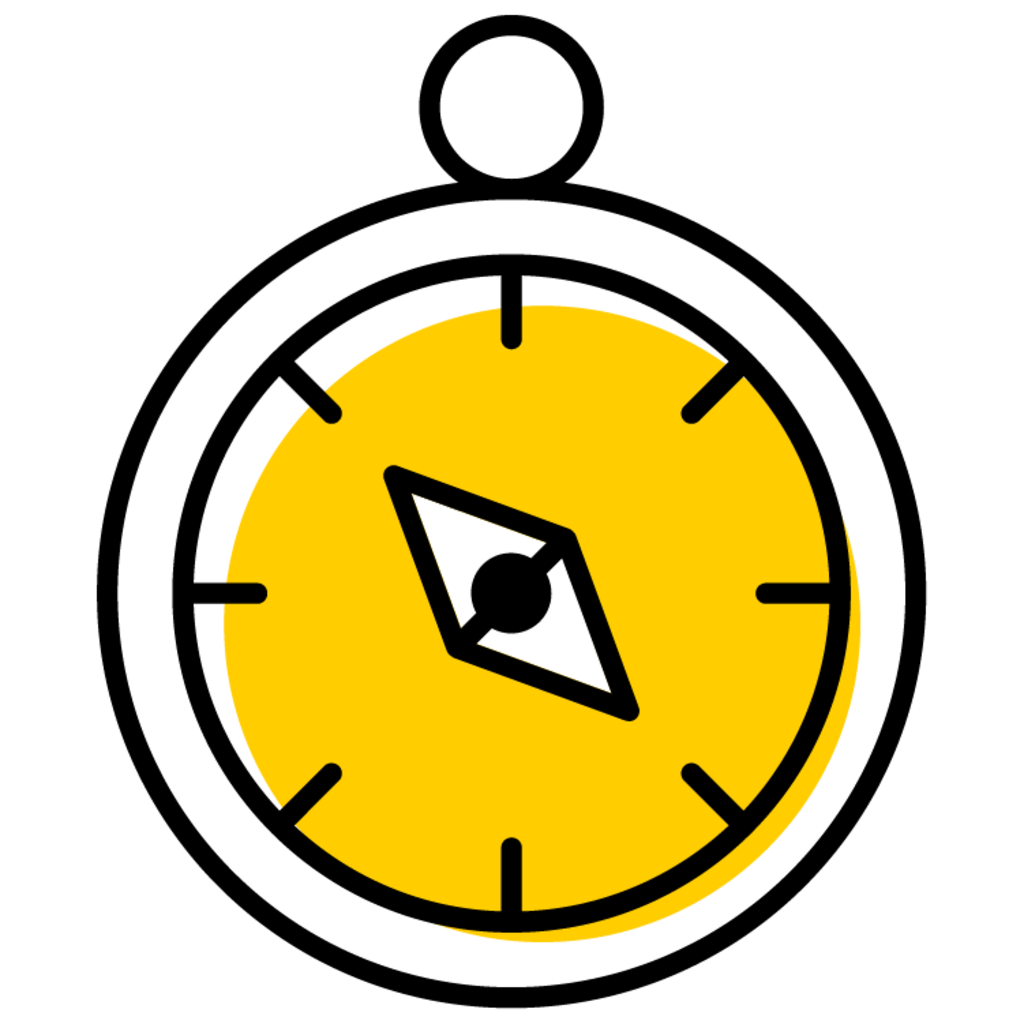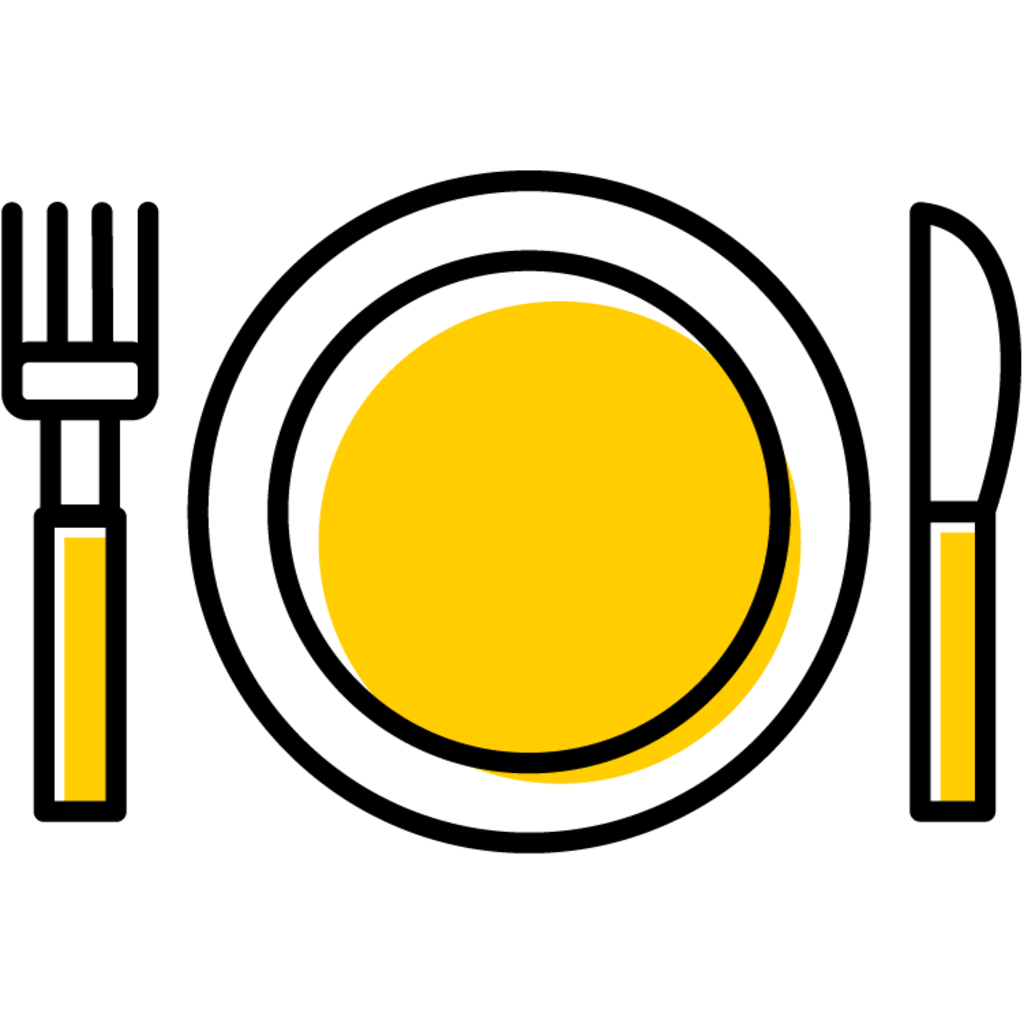Building Health Equity: Webinar Series
Live and archived webinar sessions
Next session: Housing as a Human Right
May 10th, 1-2CST
Vaccine Confidence Webinar Series
There are no upcoming sessions at this time
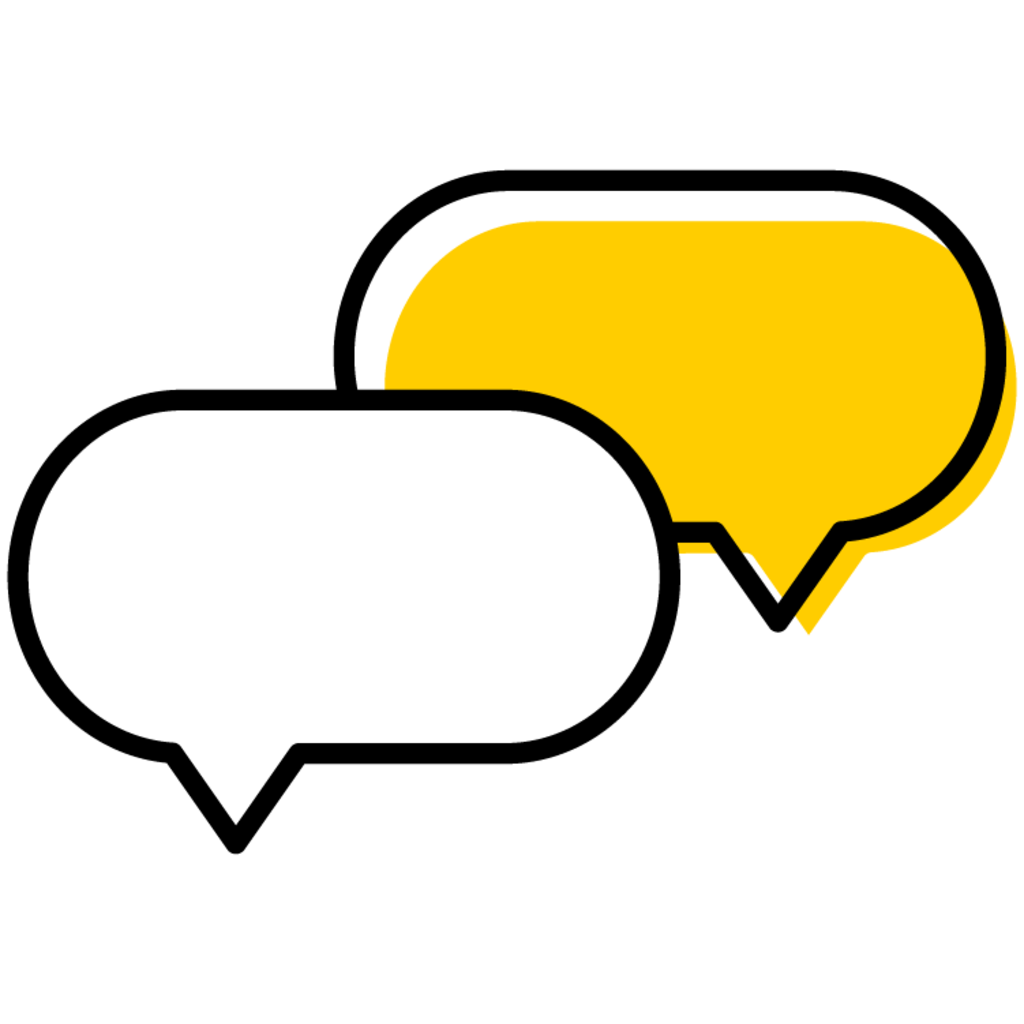
Building Health Equity Training Program
Description:Growing scientific evidence shows that the conditions of life exert a tremendous influence on health-related behaviors and health outcomes—above and beyond individual choices and actions. This presentation explains the principle of health equity (i.e., removing obstacles to the highest possible attainment of health), defines the social determinants of health, and clarifies how they can affect health status. It provides an overview of conceptual models developed by the World Health Organization and used in Healthy People 2020. It will lay the foundation for participants to apply a health equity approach by addressing the social determinants of health in public health services, clinical practice, and other professional activities. This presentation supports the Public Health Accreditation Board’s domain 1 (assess) and domain 8 (workforce).
Learning Objectives:
- Define health equity and the social determinants of health.
- Explain a conceptual model of the social determinants of health.
- Identify potential pathways shaping individual and group differences in health outcomes seen in clinical practice
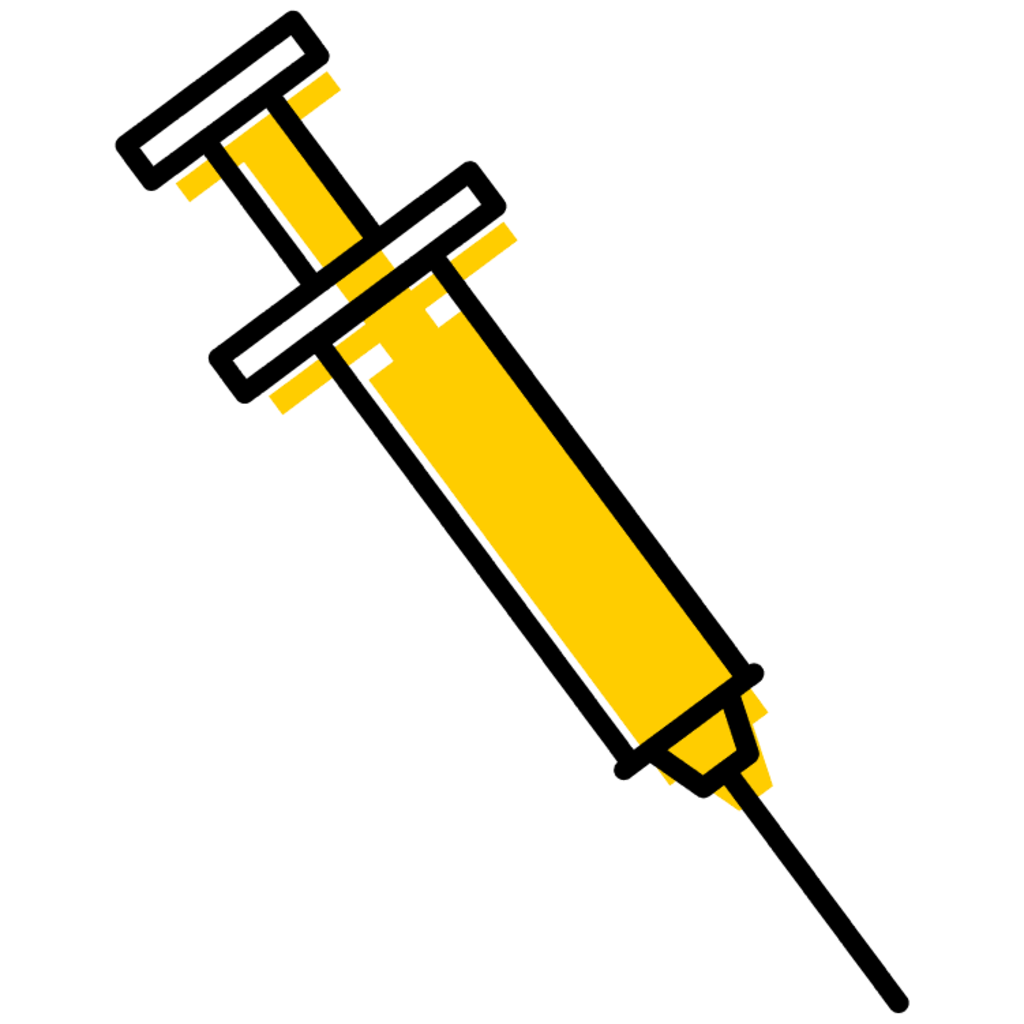
COVID-19 Vaccination Webinar Series
Despite recommendations by the Centers for Disease Control and Prevention, American College of Obstetricians and Gynecologists (ACOG), and the Society for Maternal-Fetal Medicine (SMFM), COVID-19 vaccination coverage among pregnant women and children has been low. The University of Iowa Prevention Research Center for Rural Health has partnered with Iowa Public Health Association and Iowa Immunizes to develop a virtual webinar series about the safety and importance of receiving a COVID-19 vaccines and ways to communicate vaccine information to patients. The purpose of this training series is to increase provider confidence in recommending COVID-19 vaccines and to create a vaccine-promoting clinic that minimizes barriers for providers and patients.
Deconstructing Colonial Legacies and Understanding Implications for Public Health Equity and Justice (2022)
A framework for action for researchers and practitioners
This transcontinental workshop, held over four days, investigated the enduring impacts of colonialism on our work in public health. A transcontinental team from the University of Global Health Equity (Kigali, Rwanda), the Native Center for Behavioral Health (University of Iowa, Iowa City, United States), and the PRC-RH engaged participants in discussion of the personal and systemic transformation required to dismantle deeply rooted histories of colonialism. Together, we envisioned rebuilding systems of care that honor and value community knowledge and restore power and resources to indigenous peoples and other people impacted by colonization. Participants left with skills and strategies to change their own research and practice in public health.
